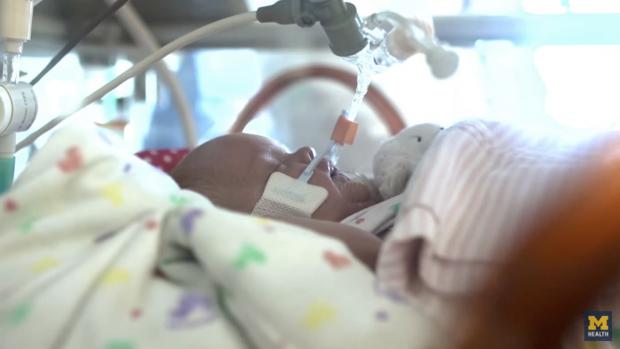
Breaking News
Importing Poverty into America: Devolving Our Nation into Stupid
 Grand Theft World Podcast 273 | Goys 'R U.S. with Guest Rob Dew
Grand Theft World Podcast 273 | Goys 'R U.S. with Guest Rob Dew
 Anchorage was the Receipt: Europe is Paying the Price… and Knows it.
Anchorage was the Receipt: Europe is Paying the Price… and Knows it.
 The Slow Epstein Earthquake: The Rupture Between the People and the Elites
The Slow Epstein Earthquake: The Rupture Between the People and the Elites
Top Tech News
 Drone-launching underwater drone hitches a ride on ship and sub hulls
Drone-launching underwater drone hitches a ride on ship and sub hulls
 Humanoid Robots Get "Brains" As Dual-Use Fears Mount
Humanoid Robots Get "Brains" As Dual-Use Fears Mount
 SpaceX Authorized to Increase High Speed Internet Download Speeds 5X Through 2026
SpaceX Authorized to Increase High Speed Internet Download Speeds 5X Through 2026
 Space AI is the Key to the Technological Singularity
Space AI is the Key to the Technological Singularity
 Velocitor X-1 eVTOL could be beating the traffic in just a year
Velocitor X-1 eVTOL could be beating the traffic in just a year
 Starlink smasher? China claims world's best high-powered microwave weapon
Starlink smasher? China claims world's best high-powered microwave weapon
 Wood scraps turn 'useless' desert sand into concrete
Wood scraps turn 'useless' desert sand into concrete
 Let's Do a Detailed Review of Zorin -- Is This Good for Ex-Windows Users?
Let's Do a Detailed Review of Zorin -- Is This Good for Ex-Windows Users?
 The World's First Sodium-Ion Battery EV Is A Winter Range Monster
The World's First Sodium-Ion Battery EV Is A Winter Range Monster
 China's CATL 5C Battery Breakthrough will Make Most Combustion Engine Vehicles OBSOLETE
China's CATL 5C Battery Breakthrough will Make Most Combustion Engine Vehicles OBSOLETE
Prematurely born lambs kept alive in artificial external placenta...

When babies are born extremely prematurely – before 24 weeks of development in the womb – their lungs aren't strong enough to provide their organs with the oxygen needed to develop properly. Nor are they strong enough to handle artificial ventilation. The result can mean a brief life for these tiniest of babies. A new artificial placenta that mimics conditions in the womb being developed by researchers at the University of Michigan (UM) might provide new hope.
The university has just reported that such an external placenta has kept five extremely premature lambs alive for a week. Although clinical trials are yet to be scheduled for humans, the researchers are hopeful that the technology might one day become a viable way to keep the earliest born babies alive until they can develop on their own.
"We thought, 'Why don't we solve the problem of prematurity by re-creating the intrauterine environment?'" says principal investigator George Mychaliska, the director of UM Fetal Diagnosis and Treatment Center. "Maybe we should treat this tiny baby like a fetus. Maybe we should treat these babies as if they are still in the womb. This is a complete paradigm shift. Our research is still in a very preliminary stage, but we've passed a significant milestone that gives us promise of revolutionizing the treatment of prematurity."



